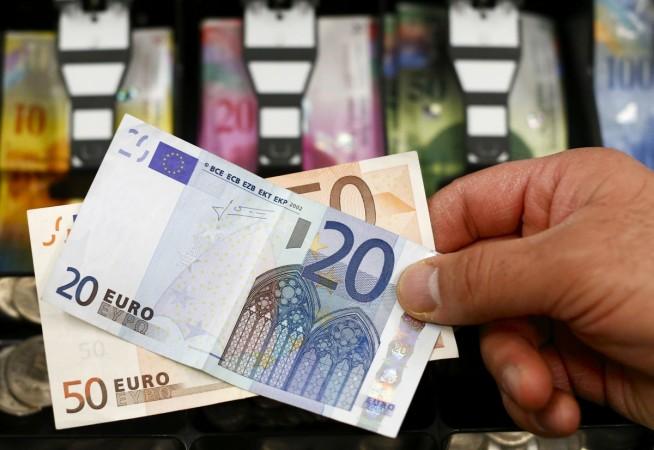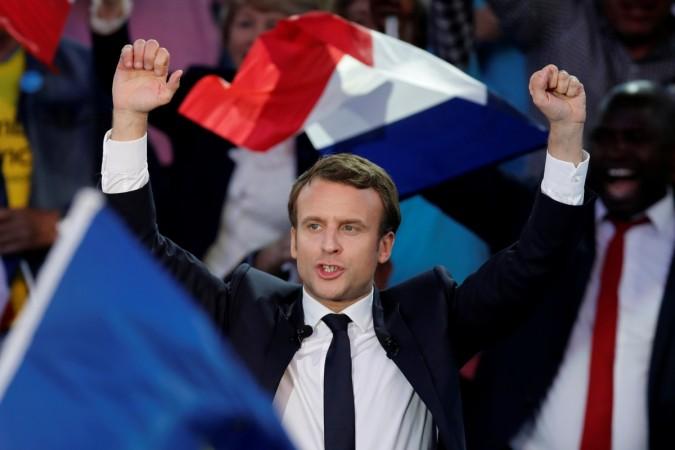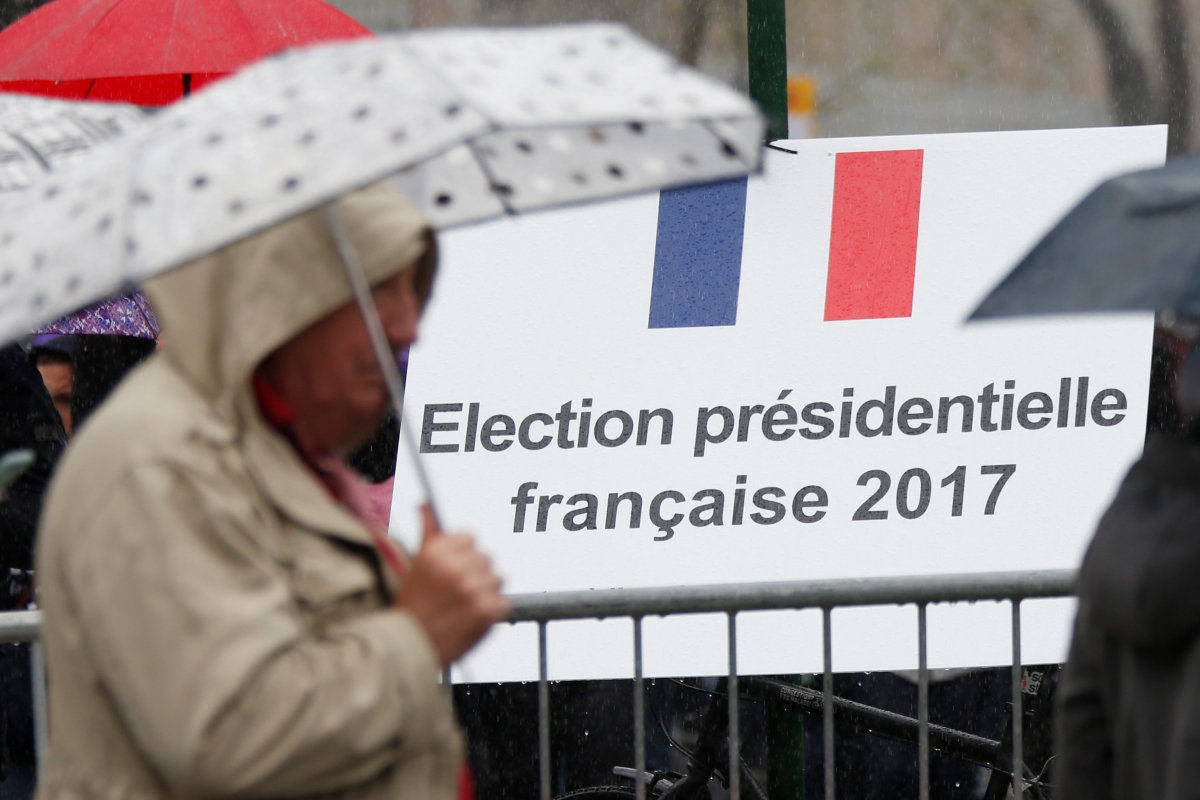In a few days from now, it will be clear as to who will occupy Elysee Palace, the office residence of the French President. It could be either of the two candidates — centrist Emmanuel Macron or far-right candidate Marine Le Pen, after the results of the second round of elections to be held on Sunday (May 7) are out, likely by Monday. The current French President is Francois Hollande.
France may not be a globally significant country whose elections will impact the world economy or politics, but for Europe, it matters a lot, being the second-largest economy in the Eurozone. For the country's domestic politics, the outcome is poised to herald a new era, depending on who wins.
"He (Macron) is a centrist, pro-European Union and pro-globalization, while she is a far-right politician who is anti-EU, anti–immigration and is calling for protectionist measures to defend French companies and jobs against foreign competition. If Macron does win, it could mark the end of the populist bandwagon that rolled out last year with the election of President Trump in the US and the vote for Brexit in the UK," marketplace.org said in an analysis ahead of the Sunday polls.
Here is a look at France, its economy, the challenges and the India connect to the country.

The economy
The French economy grew at 0.3 percent in the first three months (Q1) this year, slowing down from 0.5 percent in the preceding quarter. The country's growth rate came in at 1.1 percent last year while the forecast for the current year is 1.3 percent.
At 57 percent, France has a high public spending in the OECD group of countries. On the back of a slow growth rate and limited scope for raising taxes, the new French president will have to resort to spending cuts. This also assumes significance in view of the fact that France's debt is very high (it was almost 92 percent in 2015) of the $2.4 trillion GDP, leaving little scope for further borrowing.
The country's corporate tax rates are the highest in Europe, the Financial Times reported two months ago. Incidentally, 39-year-old Macron, a former investment banker, was Hollande's economic advisor before becoming the economy minister.

Population and unemployment
A country with a population of about 65 million, France is staring at high unemployment rate of 10.1 percent. The BBC said that around three million people "who want to work and are looking for a job don't have one." France's neighbours are better off; in Netherlands, it is slightly above five percent, in Germany four percent and in the UK, less than five percent, the channel added.
Related to unemployment, hiring and labour costs is the 35-hour week for workers. If an employee puts in more than that, he becomes eligible for overtime payment, resulting in higher costs for employers.

France and India
Trade and cultural contacts were established in the 18th century while diplomatic relations were established in the 1950s. There have been many high-profile visits by heads of governments over the years. President Francois Hollande was the chief guest at the Republic Day parade in India last year. Prime Minister Narendra Modi visited France in 2015.
Latest data available with the Ministry of External Affairs shows that bilateral trade between India and France stood at €8.54 billion, up 7.91 percent from 2014.
The presence of France Inc. is impressive, with almost 1,000 French companies operating in India and grossing revenues of more than $20 billion and employing about three lakh people.
On the other side, about 120 Indian companies have presence in France with an estimated investment of €1 billion.
Last month, India and France signed an agreement to co-operate in the field of railways after India's railway minister held talks with Alain Vidalies, Minister of State for Transport, Marine Affairs and Fisheries, France.
An update by the Indian Railways on April 13 said that France has 30 000 km of railways, more than 2,000 km of high-speed tracks and about 3,000 stations, while India has over 66,600 km of rail network and over 7,000 stations.
The two countries decided to collaborate in the areas of high-speed and semi-high speed rail; modernisation of current operations and infrastructure; station renovation and operations; suburban trains and safety systems, operations and security.
France and the fashion connection
The country is home to some of the marquee names in the world of fashion such as Yves Saint Laurent, Christian Dior and Jean-Paul Gaultier. No wonder, Paris is called the global fashion capital.

Tourist arrivals surge
France may be small in size when compared to the US, Brazil, China or India, but foreign tourist arrivals to the country were far ahead of many of these countries. In 2015, almost 84 million foreign tourists visited France when compared to less than nine million for India. The figures were 77.5 million for the US and 57 million for China, according to the United World Tourism Organisation. In other words, foreign tourist arrivals were more than the population of France that year.



























